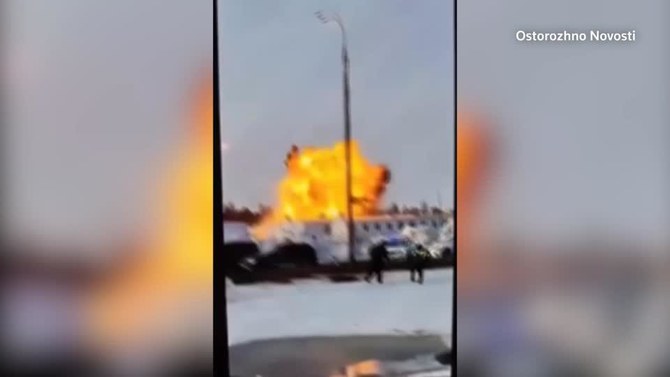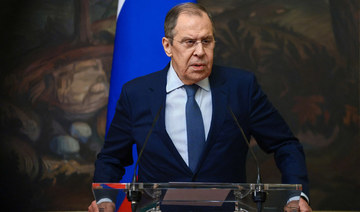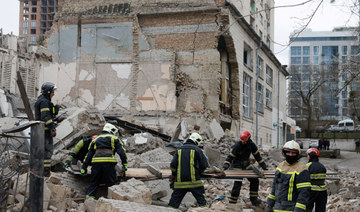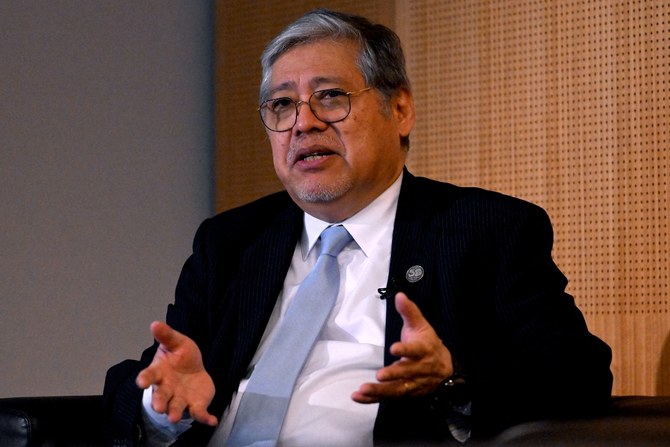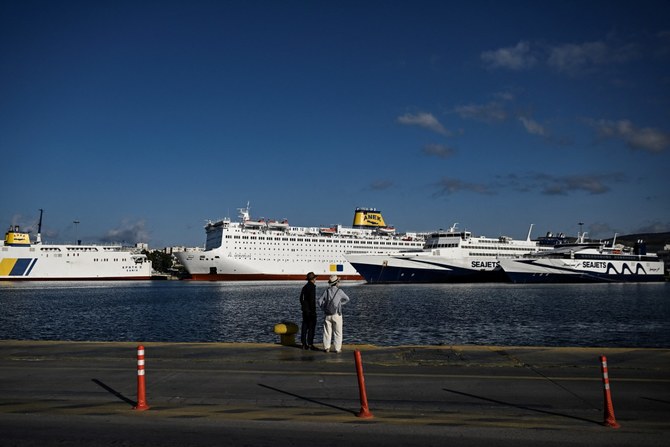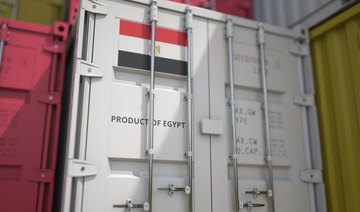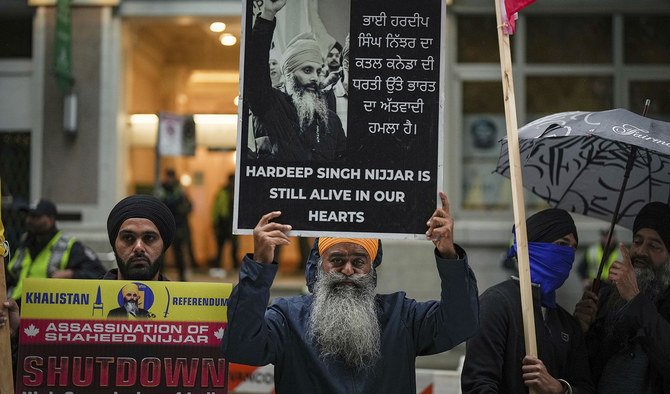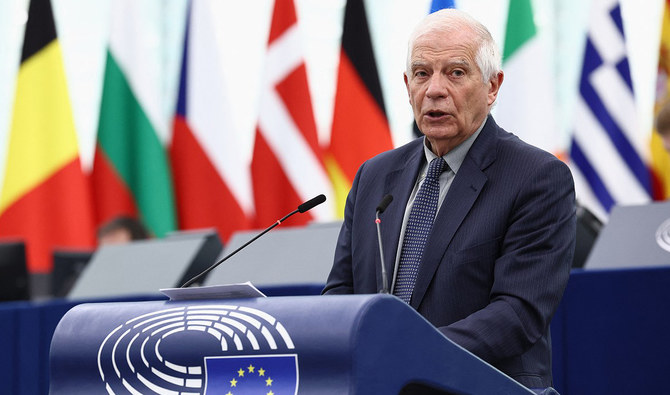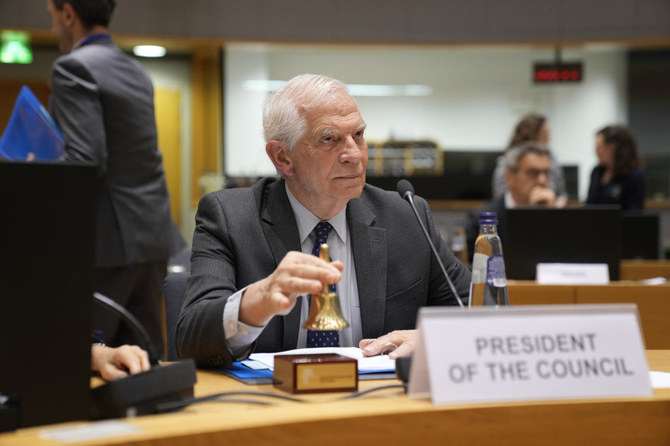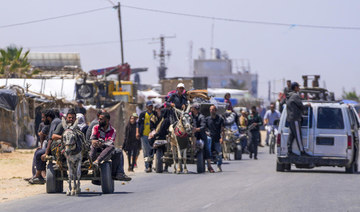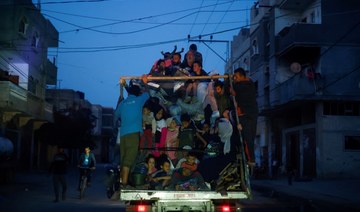BRUSSELS: Ukrainian strikes on Russian refineries may have disrupted more than 15 percent of Russian capacity, a NATO official said on Thursday, adding that the alliance believed Moscow still lacked sufficient munitions and manpower to launch a successful offensive.
Russia and Ukraine have both used drones to strike critical infrastructure, military installations and troop concentrations in their more than two-year-old war, with Kyiv hitting Russian refineries and energy facilities in recent months with some strikes entering 1,000 km (620 miles) into Russian territory.
“In terms of damage, the strikes have probably disrupted more than 10 percent of Russia’s refinery capacity, maybe more than 15 percent. Depending on the extent of the damage, repairs could take considerable time,” the official told reporters on condition of anonymity.
“Fewer and fewer of these types of Russian energy, critical infrastructure...are safe from potential strikes,” the official said.
According to Reuters calculations, around 14 percent of Russia’s refining capacity has been shut down by drone attacks.
Damaged Russian refineries will get back to normal operations by early June, Russian Energy Minister Nikolai Shulginov said, quoted by Interfax news agency.
HEAVY LOSSES
The NATO official said Russia was recruiting about 30,000 people a month to absorb heavy losses, but that while it maintained a significant advantage over Ukraine in terms of munitions, manpower and equipment, it was unlikely to accomplish any major breakthrough in the immediate term.
“They’re likely to be unable to mount any mount any significant offensive operation without another large-scale mobilization,” the official said, adding that Moscow also had to handle its own munitions’ shortages.
Russia has stepped its attacks on civilian infrastructure in recent weeks and a drone attack on Thursday struck residential buildings in the city of Kharkiv and an energy facility in the surrounding region, killing several people and severing power for 350,000 residents, Ukrainian officials said.
The official said Moscow was likely to ramp up such strikes as it sought to degrade Ukraine’s air defense capabilities.
At a NATO foreign ministers meeting in Brussels on Thursday, Ukraine’s Foreign Minister Dmytro Kuleba pleaded for alliance to free up available Patriot air defense systems.
“We expect they will likely continue to advance missile and drone strike packages to penetrate Ukrainian air defenses and place pressure on Ukrainian air defense deployments, underlining the criticality of our aid for these systems to protect the Ukrainian facilities,” the NATO official said.
Moscow has turned to its allies, notably North Korea and Iran, to provide it with more weapons, including ballistic missiles.
When asked whether NATO had seen the transfer of Iranian ballistic missiles to Russia, the official said the alliance did not have that they had yet, but expected Tehran to go through with the transfer once mutual beneficial terms were agreed between the two sides.
“Iran has indicted it intends to do so and that it will ship ballistic missiles to Russia and we have no reason to believe they won’t follow through on that,” the official said.
Iran has denied already providing ballistic missiles to Russia after Reuters reported that it had provided Moscow with a large number of powerful surface-to-surface ballistic weapons, deepening military cooperation between the two US-sanctioned nations.



